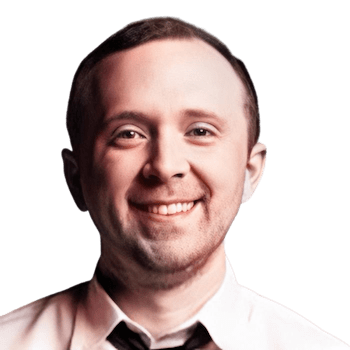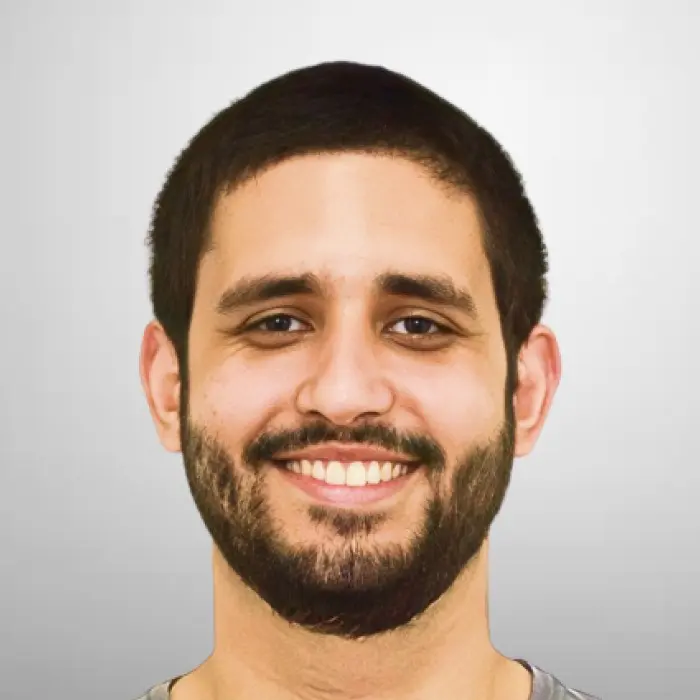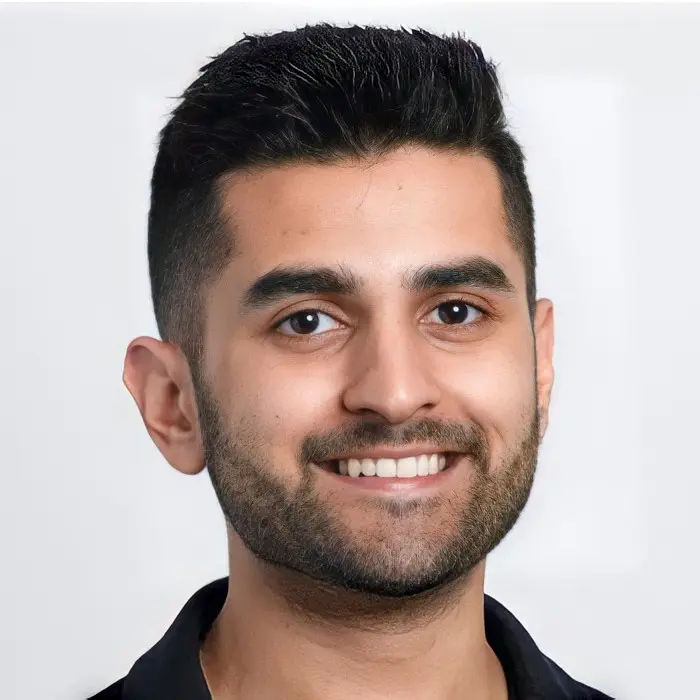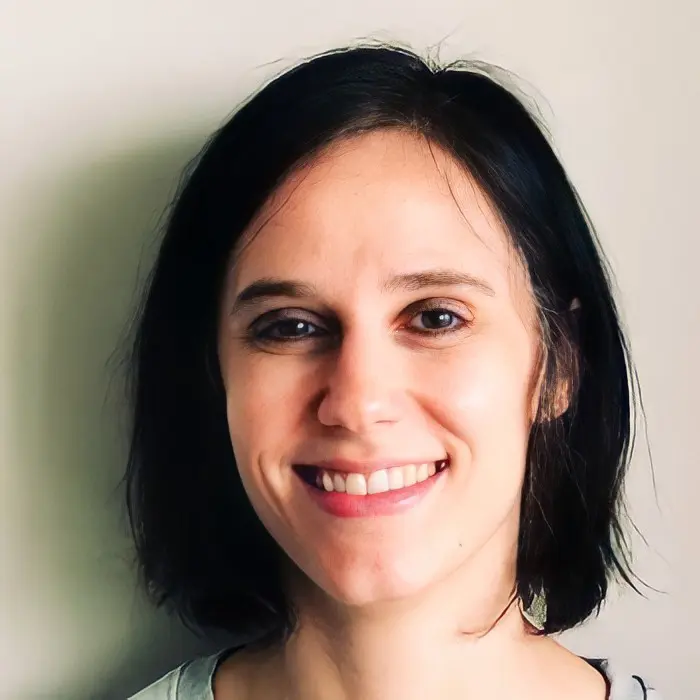From Priest to Data Engineer: Eddie Kirkland's Dataquest Story
Eddie Kirkland, Data Scientist
Eddie Kirkland was ready for a change.
His degrees are in management and theology, and before he came to Dataquest, his resume consisted of nonprofit work, working as a musician, and six years as the head priest at a church. He’d enjoyed statistics in college, so as he started looking into new careers, he discovered that the world of data science had exploded.
“I started exploring it and thought ‘I think I have enough of a foundation to kind of understand the concepts.’ There’s a lot of skills that I knew I needed. [But] even though my degree is in management and my graduate degree is in theology, I think I might actually be able to make a really cool path here with some online learning.”
Learning with Dataquest
At first, Kirkland was a little intimidated by Dataquest. He’d looked into some MOOCs and online courses, but Dataquest kept coming up as one of the top results. Since he didn’t have any experience programming, he wasn’t sure about Dataquest’s programming-forward curriculum.
“I basically went into it thinking okay, I’m going to try this and I’m just going to see,” he says. “It sounds fun, but it could be terrible, so let me try it and see if I still like it a month from now.”
It wasn’t long after that Kirkland was hooked. “Within the first month and a half, I had purchased the full version and I was up ‘til 2 in the morning doing Python code and just loving it. Like absolutely loving it. Nobody is making me do it. It’s all on my own time, and I just really, really loved it.”
Kirkland particularly liked Dataquest’s text-based approach instead of relying on videos. Reading the text, seeing the examples, and then writing the code himself really worked for him. He also liked that Dataquest’s path structure laid out a logical sequence of courses for him, and forced him to apply and reapply what he was learning at each step along the way. “That’s where I think the Dataquest stuff was really helpful,” he says. “It gave me a very clear pathway of hands-on learning.”
Starting a New Career
Kirkland knew the first thing he needed to do was reach out and make some connections, while building some portfolio projects that would be relevant to the companies in his area. He reached out to friends with small businesses, told them that he’d been learning data science, and asked if they had any data he could help them analyze for free.
“Because of the [Dataquest] guided projects that I had done,” Eddie says, when a friend gave him a data set to work with, “I had a basic workflow. I knew how to approach it and attack it, instead of having to go back through video learning courses and just constantly search StackOverflow for stuff. I had a framework that I had already worked through, which gave me the confidence to say ‘Okay, I’ll take a shot at it.’”
When an opportunity arose to interview for a role as a data engineer, Kirkland was hesitant. “At first I thought, ‘No way, it’s just not possible. I can’t do this stuff.”
He took the meeting anyway. “I went in and talked to them and then they gave me a practice assessment,” he says. “Instantly I could see: this is the SQL stuff that I learned. There’s a lot of the data cleaning stuff here that I’ve got to do, and it’s about doing joins and Python. It’s about all the stuff that I had learned from that data analyst course.”
It worked — Kirkland got the job, and he’s now a full-time data engineer.
Advice for Dataquest Learners
When we asked Eddie what advice he might give to other Dataquest learners, his first thought was to offer encouragement. “You really can do this,” he says, “You just have to stick with it and you have to be diligent.”
About a month and a half ago, I remember sitting in my living room. I was on my phone and I pulled up the Dataquest website and was reading testimonials from people who have gotten jobs. It made me think: ‘Don’t get discouraged. This is going to take time, but it’s possible and it can happen.’






